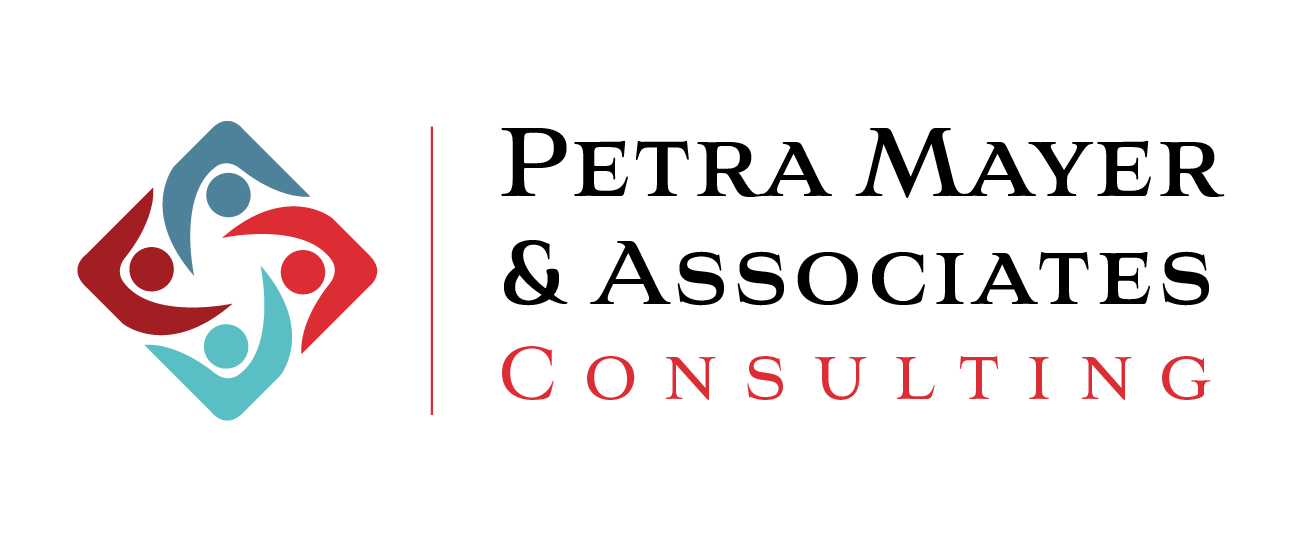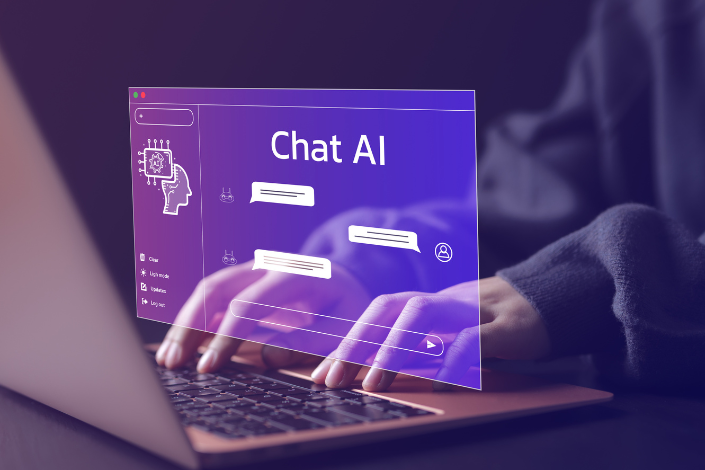Businesses are constantly seeking innovative ways to improve employee skill sets and maximize productivity. One of the most promising advancements in this field is the use of Artificial Intelligence (AI) to personalize learning paths in corporate training. By tailoring educational experiences to individual needs, AI is revolutionizing the way employees learn, leading to more effective and engaging training programs.
Understanding Personalized Learning
Personalized learning is an educational approach that aims to customize learning experiences to fit the unique needs, preferences, and abilities of each individual. Unlike traditional one-size-fits-all training methods, personalized learning considers various factors such as an employee’s previous knowledge, learning style, and pace. This approach not only makes learning more relevant and engaging but also significantly improves retention and application of knowledge.
In a corporate setting, personalized learning can take many forms, including adaptive learning platforms, customized eLearning modules, and tailored coaching sessions. The goal is to create a learning experience that is as unique as each employee, resulting in a more effective training program.
The Importance of Personalized Learning for Businesses
Implementing personalized learning in corporate training programs offers numerous benefits for businesses. Firstly, it boosts employee engagement. According to a Gallup study, highly engaged businesses realize an 81% difference in absenteeism and a 14% difference in productivity. Personalized learning ensures that training content is relevant and interesting to employees, which increases their motivation to learn and engage with the material.
Secondly, personalized learning boosts knowledge retention and application. When employees receive training tailored to their needs, they are more likely to understand and remember the content, leading to better on-the-job performance. Customizing learning experiences to match individual learning styles and career goals helps employees apply new skills and knowledge more effectively. This approach not only enhances their productivity but also equips them to handle complex tasks and challenges, ultimately contributing to the organization’s success.
Furthermore, personalized learning can lead to significant cost savings for businesses. By focusing on the specific needs of employees, companies can avoid the one-size-fits-all approach of traditional training programs, which often results in wasted time and resources. Personalized learning reduces the need for retraining and minimizes downtime, as employees are more likely to get it right the first time.
AI’s Role in Learning and Development
AI plays a critical role in making personalized learning a reality. Through advanced algorithms and data analytics, AI can assess an individual’s learning history, preferences, and performance to create customized learning paths. Here are some ways AI is transforming learning and development in the corporate world:
- Adaptive learning platforms: AI-powered adaptive learning platforms continuously analyze an employee’s progress and adjust the content and difficulty level accordingly. This ensures that learners receive the right level of challenge and support, keeping them engaged and motivated.
- Personalized content recommendations: AI can recommend specific training modules, articles, videos, or other resources based on an employee’s interests and learning needs. This targeted approach helps learners find relevant content quickly, improving their overall learning experience.
- Automated assessments and feedback: AI can automate the creation and grading of assessments, providing immediate and personalized feedback to learners. This allows employees to identify their strengths and areas for improvement, enabling continuous growth and development.
Danielle Wallace, Chief Learning Expert at Beyond the Sky: Custom Learning, highlights the potential of AI in learning and development: “As an industry in learning development, we have a true opportunity to do something truly effective and groundbreaking, changing learners’ behaviour. We now have the technology to achieve that.”
The Human Touch in AI-Powered Learning
While AI offers incredible potential for personalizing learning, it is essential to remember the importance of the human touch in the learning process. Danielle emphasizes the need for a balanced approach: “There’s a huge fallacy in the industry where businesses think using AI to speed up processes is the missing piece. Vendors claim they can create eLearning, simulations, quizzes, and videos in minutes. But who cares if it’s quick if it’s not effective? As learning and development professionals, it’s our job to ensure effectiveness. We need to validate and manipulate AI solutions to make sure they work, not just churn out slides or videos. Our role is to guide the business in creating efficient and effective learning experiences.”
Human oversight is critical in ensuring that AI-powered learning solutions are not only efficient but also effective. Learning and development professionals play a vital role in curating and validating AI-generated content, providing personalized coaching and support, and building a more positive learning culture within the organization.
Overcoming Challenges and Maximizing Benefits
Despite its potential, implementing AI-powered personalized learning is not without challenges. Danielle points out, “When it comes to AI challenges, there are two big considerations: governance policies and equal access. Many organizations struggle to create and maintain effective governance policies. Even when policies and equal access are in place, uneven use of AI stifles its effectiveness, and employees may not be motivated to use it. This impacts learning and development significantly. Additionally, generative AI can produce overly generic content and may introduce bias, so we must be mindful of these risks.”
To address these challenges, Danielle’s advice to organizations was that in general, governance policies should be championed by the learning and development team. While it’s essential to have them at the table, organizations should also have representation from legal, finance, operations, marketing, communications, and all other business units. This ensures a comprehensive approach, as involving all these stakeholders is fundamental to our governance framework.
Final Thoughts
As AI technology continues to advance, we can expect even more improved and effective personalized learning solutions. These advancements will enable businesses to create engaging and impactful training programs that drive employee growth and organizational success.
Leveraging AI to personalize learning paths in corporate training offers a powerful way to enhance employee engagement, boost knowledge retention, and achieve significant cost savings. By embracing this innovative approach and combining it with the human touch, businesses can create truly effective and groundbreaking learning experiences that drive positive change and success. For more information, get in touch with our team today.

